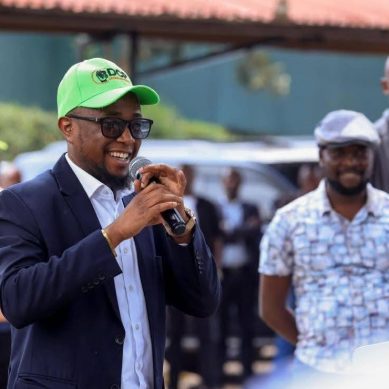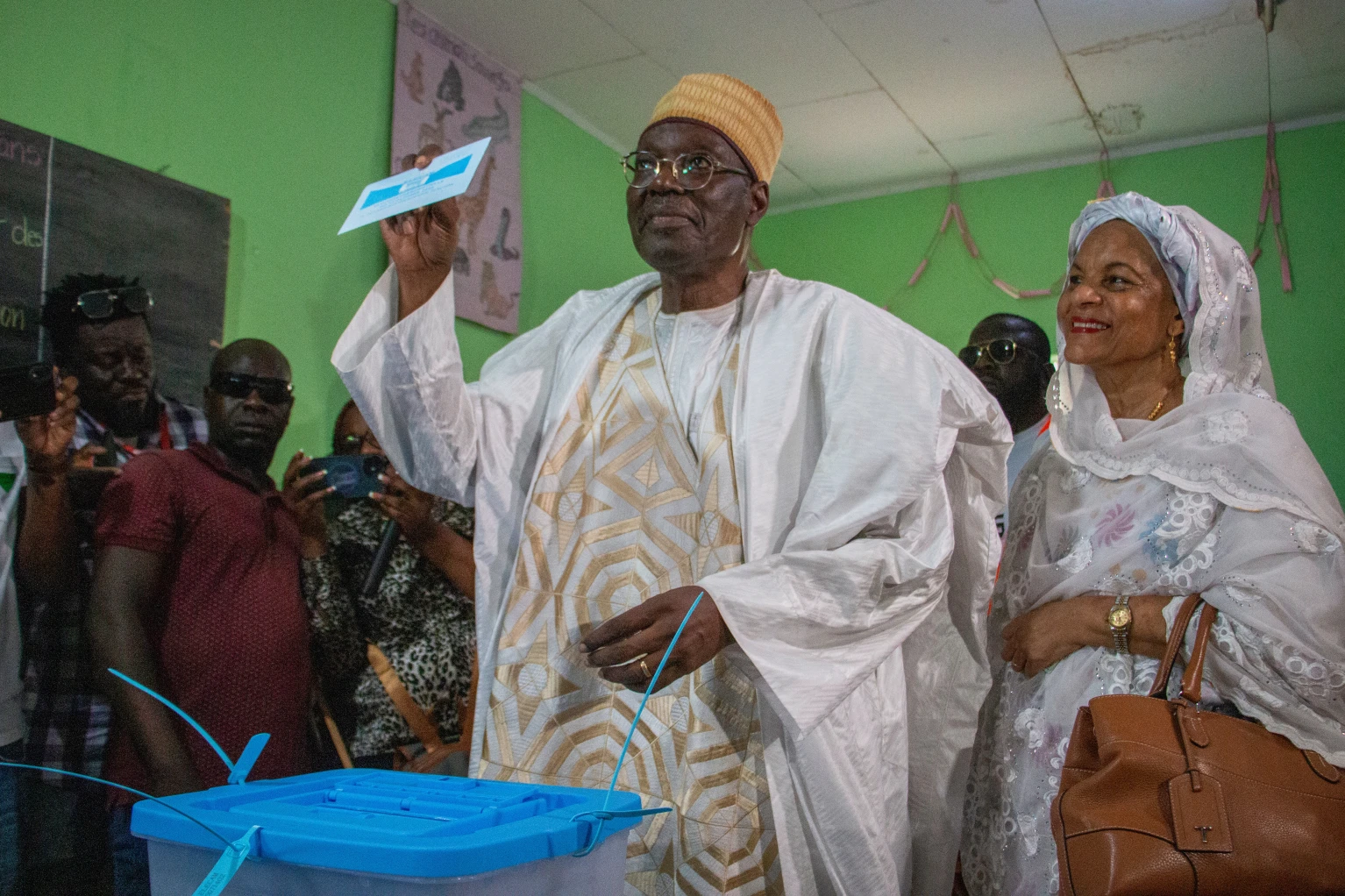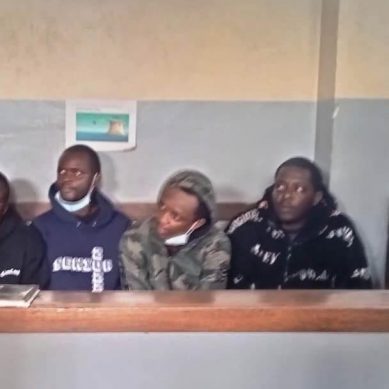Kenya forms committee of experts to investigate rising incidence of illicit trade in cell tissue and human organs
The committee chair said her team decided to spend four days in Uasin Gishu because some of the allegations that could be deemed inappropriate started there and the individuals came out to speak saying that the services that have been offered or the way in which these services had been procured might not be appropriate.
Understanding High Seas Treaty to protect world oceans and why its implementation has delayed
The treaty also aims to ensure that all countries have fair and equitable access to the ocean’s resources. While it is widely referred to as the High Seas Treaty, officially it is called the Biodiversity Beyond National Jurisdiction Treaty.
Funding shortfall frustrates researchers and innovators, places at Kenya 96 out of 132 in the world
official data from the National Research Fund shows that the National Treasury allocated a mere Ksh343 million ($2.7 million) for research in the 2023/ 2024 financial year out of the possible Ksh200 billion ($1.544 million) needed annually as per to conform to the 2013 act.
Scramble for Africa enters new age as Russia skirts Western sanctions to ramp up its military footprint
At first, mercenary groups with an arms-length relationship to the Kremlin entered the fray in Africa. But increasingly, Russia is deploying its military might, and intelligence services, more directly.
‘While cooperatives are engines of social economic growth, they are yet to deepen presence in many sectors’
CIC Insurance Group Chairman Nelson Kuria, however, says the cooperative societies in the country have made strong strides, mainly in financial deepening, especially in serving customers outside the mainstream financial ecosystem.
Cooperatives minister spells out plans on how Kenya intends to recover from decades-old coffee production slump
Since coffee farming was introduction in Kenya in the 1890s, its production grew so fast to become a major cash crop, and hit the peak in the 1970s and 1980s. However, the industry faced challenges, including market volatility, policy changes and environmental issues,.
Institute kicks off wildlife census in Kenya’s north-eastern frontier counties of Wajir, Garissa
The 11-day exercise is part of the 2024 to 2025 National Wildlife Census, mandated by the Wildlife Conservation and Management Act, which requires regular status reports on Kenya’s wildlife populations.
Kibera slums in Nairobi leads Kenya’s and Africa’s charge into crypto economy as dollar influence queried
Bitcoin, the first and largest crypto, was created in 2009 in the wake of the global financial crisis as a decentralized digital asset that could act as an alternative method of payment.
Dire straits: Broke Kenya says it is partnering with private sector eliminate systemic corruption
Currently, there are 20 sectors under KLIF that comprise Kenyan citizens representing watchdog agencies, media, civil society, private sector, faith, professional bodies, regional and sub-regional bodies, development partners, executive, legislature, judiciary, transport, education, labour, county government, anti-corruption agencies, constitutional commissions, regulatory boards, financial services and enforcement.
As Uganda hurtles towards a monarchanised military, there are strong signals a ‘soldier-king’ is being readied to take charge
The term monarchised military was introduced by scholar Paul Chambers, using the Thailand model. Chambers (2024) has recently explained the nexus between the monarchy and the military. Together they have dominated the Thai political landscape. Chambers also talks about the impact of the monarchised military on the lèse-majesté. Lèse-majesté, often translated as “insulting the monarchy,” is a crime against the dignity of a ruling head of state or the state itself. It’s a concept that’s been a part of legal systems in various countries, particularly those with monarchies or strong symbolism attached to the head of state, such as Uganda. Lèse-majesté laws can be enacted and evoked to detain and imprison activists and human rights defenders that may challenge the monarchised military.
















